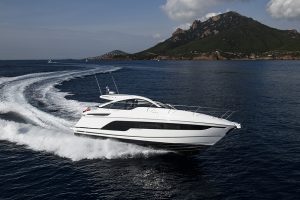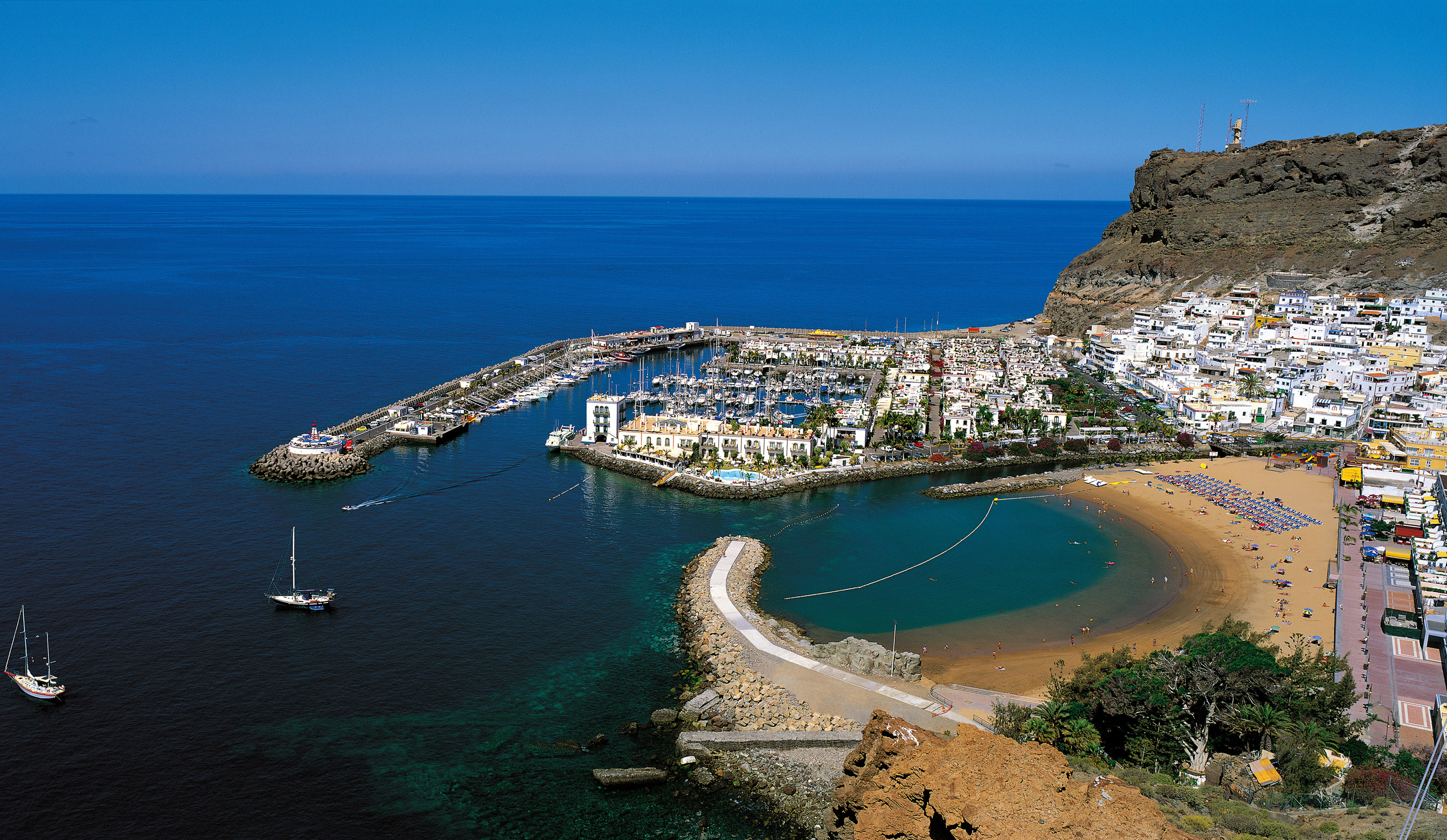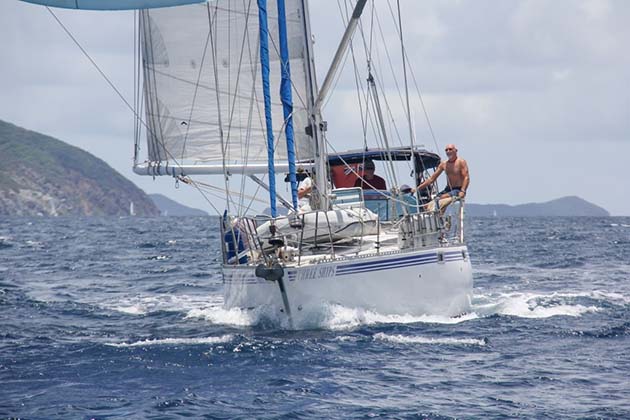Did you know…? Seven interesting facts about the ARC
With the 2016 edition of the ARC starting on 20 November, YBW has pulled together seven fascinating facts about the Atlantic Rally for Cruisers which sees hundreds of boats sail together from Gran Canaria to St Lucia.
Fastest ARC crossing time

Team Brunel. Credit: Tim Wright/World Cruising Club
The ARC course record is 8 days 7 hours, 39 minutes and 30 seconds.
It is held by Team Brunel, VO65 (Gerd-Jan Poortman, NED), set in ARC 2015.
Youngest and oldest participants

A young crew member. Credit: Jamesmitchell.eu/World Cruising Club
The youngest person to ever take part in the ARC is Rosie Pickering. She celebrated her first birthday on the day of the start of ARC 2004.
The oldest sailor to to make the crossing is 78-year-old Aubrey Long, who took part in ARC 1991. Long was also a winner on handicap.
How long?

Provisioning ahead of the start. Credit: James Mitchell/World Cruising Club
For the ARC, the typical passage time for a 40-foot cruising boat is 18 to 21 days, depending upon the weather conditions and the style of sailing.
Mr ARC

Credit: World Cruising Club
German sailor Manfred Kerstan has done the ARC more times than anyone else – completing it 20 times. The media in Germany has dubbed him Mr ARC.
The ARC has its own mascot

ARC’s mascot, Sailor Ted with some young participants. Credit: World Cruising Club
Sailor Ted is the official mascot of the ARC.
Every year, he accompanies a family as they sail the 2,700 nautical mile passage.
To be chosen, the children have to write to Sailor Ted, telling him about the adventures he could have with them if he joins their boat for the crossing.
How big?

Crew say their final goodbyes before departure. Credit: James Mitchell/World Cruising Club
The minimum boat size to take part in the ARC is 27 feet (8.23 metres) length overall (LOA). There has to be at least two people on board.
Equipment breakages

Rig check. Credit: World Cruising Club/jamesmitchell.eu
As expected on any voyage, there are always some issues.
In the ARC 2015, 38% of boats logged some form of equipment breakage.
The windier than normal crossing was to blame, with breezy conditions causing the most damage to sails, poles, rigging and chafe, accounting for 56% of reported breakages.
Canary Islands: Gran Canaria – Puerto de Mogán and Puerto Rico
With its mild microclimate, beautiful scenery, excellent sailing conditions and marinas, Gran Canaria is an ideal destination for summer and…
Around the world in 14 years – Chris and Fiona Jones talk about their voyage
Chris and Fiona Jones' trip was only supposed to last a few months but they were bitten by the sailing…











